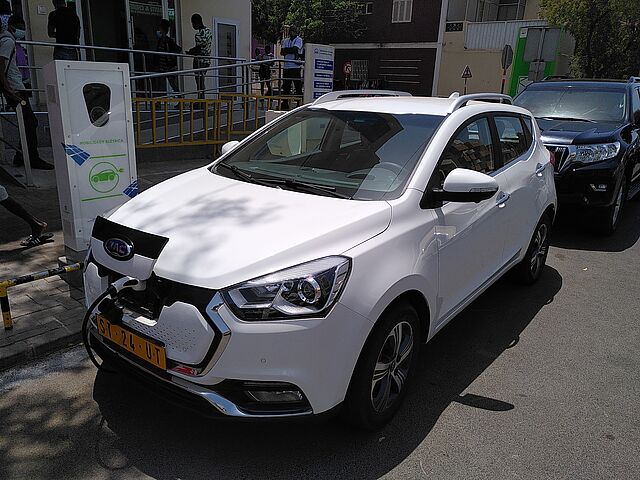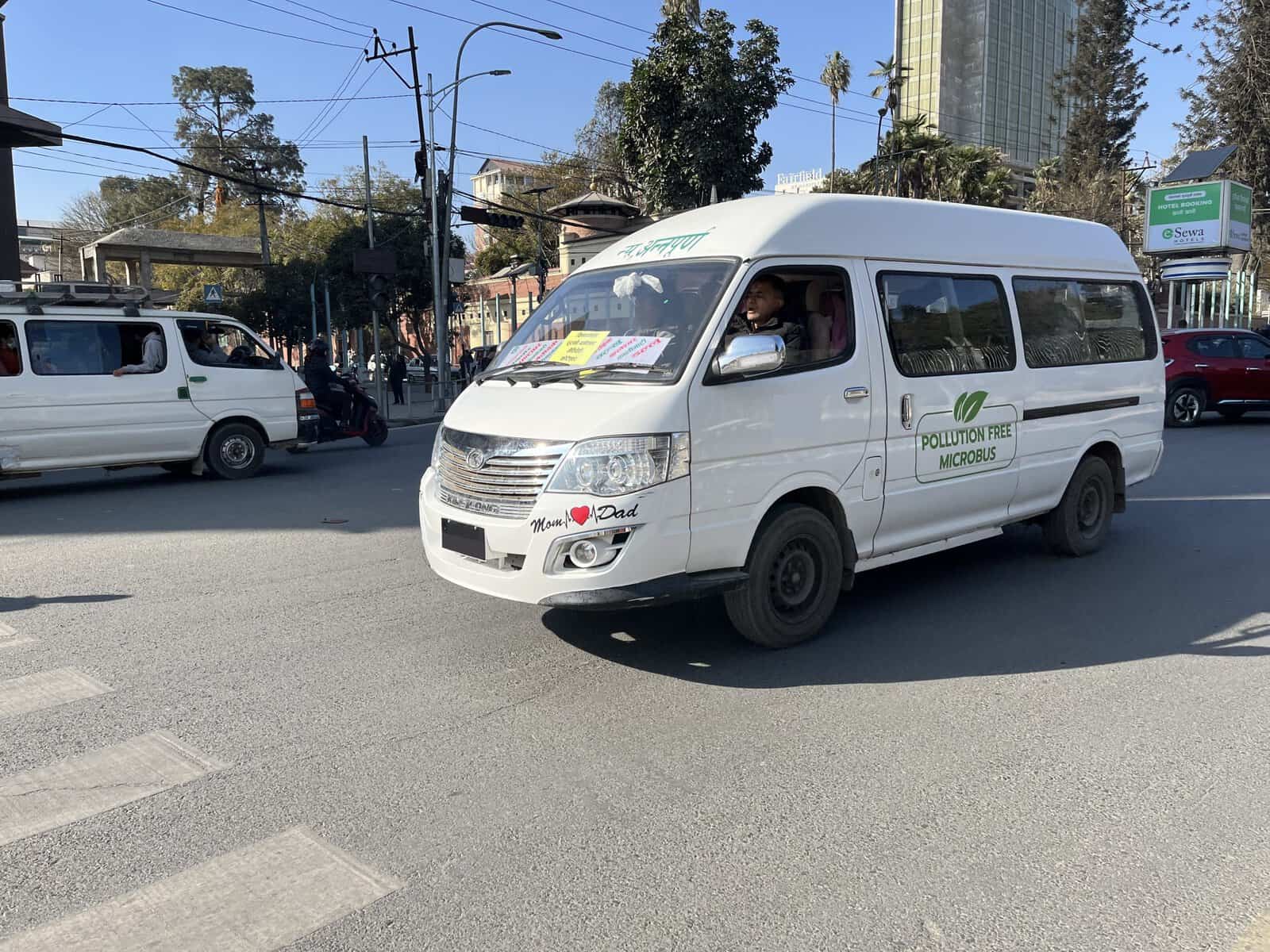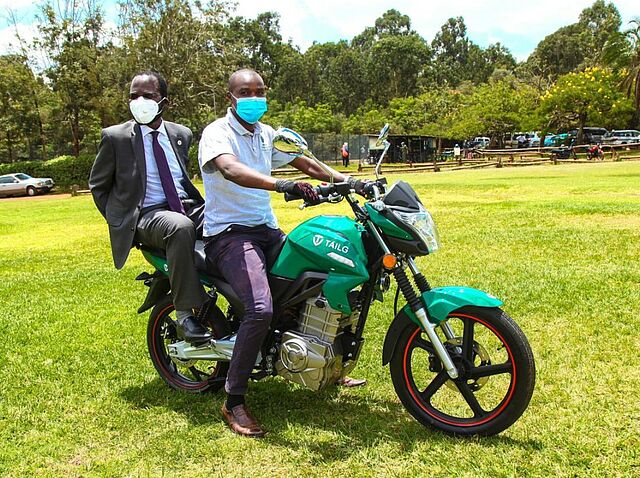
Background: The government of Pakistan has implemented new regulations aimed at facilitating the registration of Electric Three-Wheelers (E3Ws) and expediting the issuance of manufacturing licenses for Electric Vehicle (EV) manufacturers. Despite these efforts, the adoption of EVs in the Three-Wheeler (3W) segment, which comprises approximately 2 million vehicles, remains minimal due to various underlying factors.
Approach to Transformational Change: The project aims to increase the visibility of battery swapping value chain for mobility purposes by deploying a network of swapping stations and electric-three-wheelers across Pakistan.
The project will result in an increase in the visibility of the battery swapping value chain for transportation purposes, catalyse widespread EV adoption by addressing fundamental barriers associated with typical electric vehicles having fixed batteries, develop national capacities in e-mobility, reduce vehicular airborne pollution, and attract investments in manufacturing and franchising. Additionally, challenges such as limited residential parking and frequent power outages are addressed through battery swapping, which integrates solar photovoltaic (PV) technology with Battery Swap Stations to provide renewable and alternative power sources, reduce energy charging costs, and lower greenhouse gas emissions.
The financial cooperation (FC) component supported by grant-based financing, will establish a network of BSSs in Punjab province to alleviate range anxiety and provide vehicles at zero upfront cost to early adopters, mitigating perceived risks associated with new technology adoption. It will introduce a commercially viable model with attractive returns to attract private sector investment for expanding the BSS network and increasing vehicle uptake.
The technical cooperation (TC) component of the project will provide assistance to the private sector to accelerate the development of the domestic EV industry. On the policy and regulatory front, measures will enhance public sector capacity in various areas including EV policy and regulation, standards and road safety, electricity supply planning and tariff design, gender diversity and social inclusion, environmental protection, and battery and solar PV recycling.
Mitigation potential: It is estimated that the project could directly reduce 250.000 tCO2e during its implementation timeline and more than 1.200.000 tCO2e over lifetime of the supported technologies.




